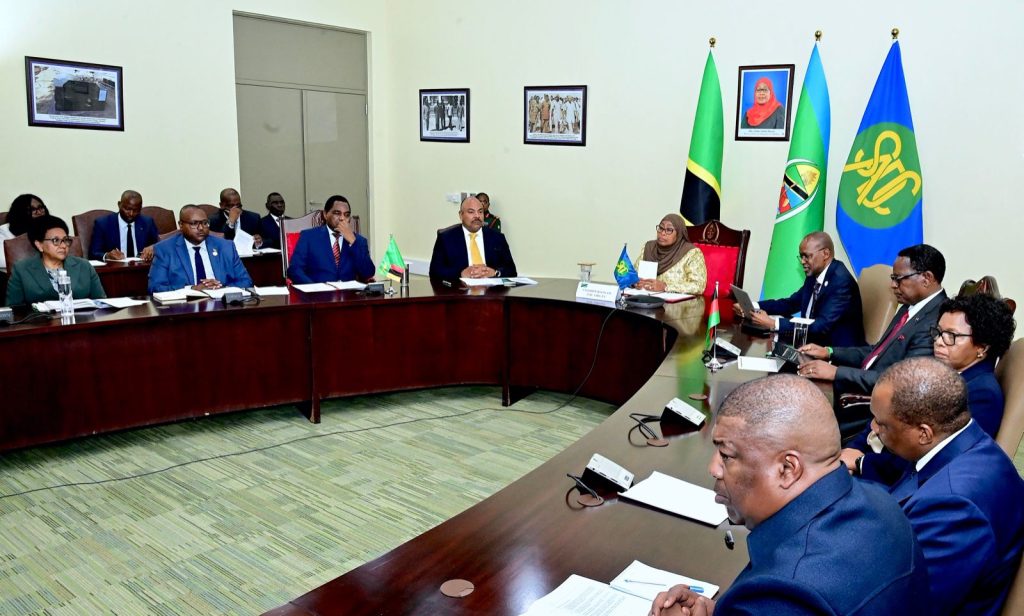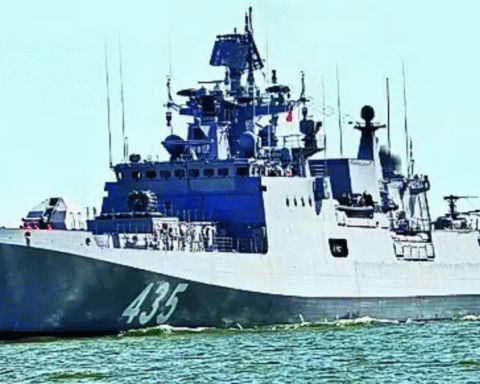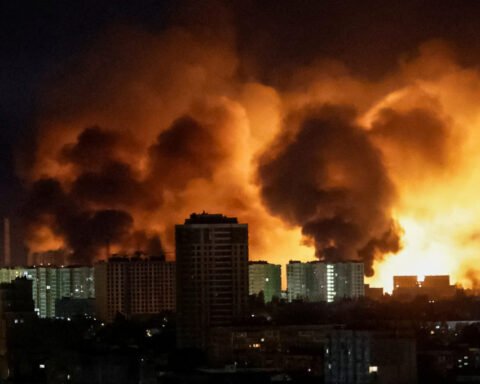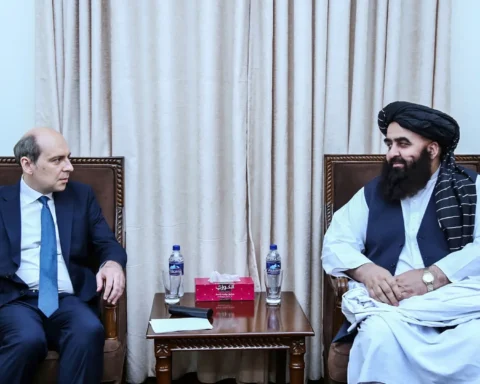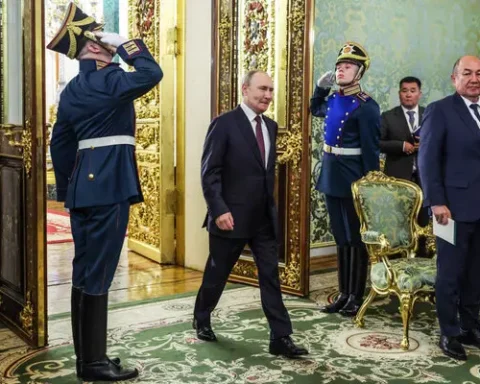President Samia Suluhu Hassan, chair of the Southern African Development Community (SADC) Organ on Politics, Defence, and Security, led an urgent meeting of SADC Heads of State and Government at the State House in Dar es Salaam on January 28, 2025.
The meeting gathered key leaders from across Southern Africa, including Zambian President Hakainde Hichilema and Malawian President Dr. Lazarus Chakwera.
South African President Cyril Ramaphosa and Democratic Republic of Congo President Felix Tshisekedi joined the discussions remotely, participating virtually due to logistical challenges.
While details of the meeting remain scarce, the talks focused on pressing security concerns facing the region. The leaders are understood to have discussed ongoing political instability and rising security threats in various member states. With tensions growing in parts of Southern Africa, the meeting was seen as an important step in finding collective solutions to these challenges.
The leaders emphasized the importance of cooperation and solidarity within the region. President Samia, in her leadership role, guided the discussions with the aim of strengthening regional security and promoting political stability.
Also Read; National Energy Compacts: A GameChanger for Africa’s Future
It’s clear that the SADC leaders are committed to finding ways to prevent conflict and foster peace in a region facing increasing challenges from both internal and external pressures.
While the specifics of the discussions haven’t been fully disclosed, the summit underscored the urgency of the situation. The leaders are expected to release a joint statement in the near future, which will outline the key decisions made during the meeting and the next steps in their efforts to address these critical issues.
This high-level summit marks an important moment for SADC, as the region grapples with a range of security and political concerns. In the coming days, further updates will likely shed light on the outcomes of the discussions and how the leaders plan to move forward in safeguarding the stability of the region. The decisions made in Dar es Salaam will likely play a significant role in shaping Southern Africa’s response to these ongoing challenges.
